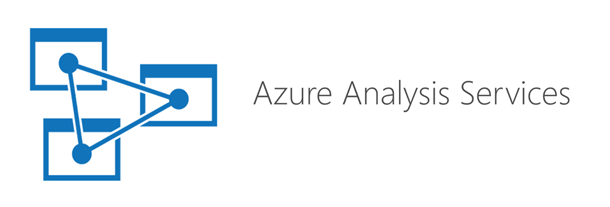
Microsoft is giving businesses new ways to turn their data into actionable insights. The company unveiled the public preview of Microsoft Azure Analysis Services at its PASS Summit 2016 today. Azure Analysis Services is a new platform-as-a-service solution and an extension of Microsoft’s cloud-based data platform that aims to provide developers and BI professionals with interactive and rich analytical capabilities.
“The success of any modern data-driven organization requires that information is available at the fingertips of every business user (not just IT professionals and data scientists) to guide their day-to-day decisions,” wrote Bret Grinslade, principal program manager for Azure Analysis Services, in a blog post. “Self-service BI tools have made huge strides in making data accessible to business users. However, most business users don’t have the expertise or desire to do the heavy lifting that is typically required to find the right sources of data, consume the raw data and transform it into the right shape, add business logic and metrics, and finally explore the data to derive insights.”
(Related: Microsoft deepens its hybrid cloud strategy)
Azure Analysis Services allows users to create semantic models from raw data, share with other business users, create a server in seconds, pause and resume servers at their leisure, and manage user identity. In addition, it provides tiers for production workloads. For instance, the development tier would provide proof-of-concept, development and test workloads, according to Grinslade.
The new solution also works with SQL server data tools and major BI tools; supports tabular models; and supports a variety of sources in Azure and on-premises.
Microsoft also announced improvements to SQL Server Data Warehouse Fast Track, a data migration assistant, and a technical preview for Power BI reports in SQL Server reporting service.
“As we officially move into the data-driven intelligence era, we continue to bring new capabilities to more applications, environments and users than ever before,” wrote Joseph Sirosh, corporate vice president of the Data Group at Microsoft, in a blog post.






